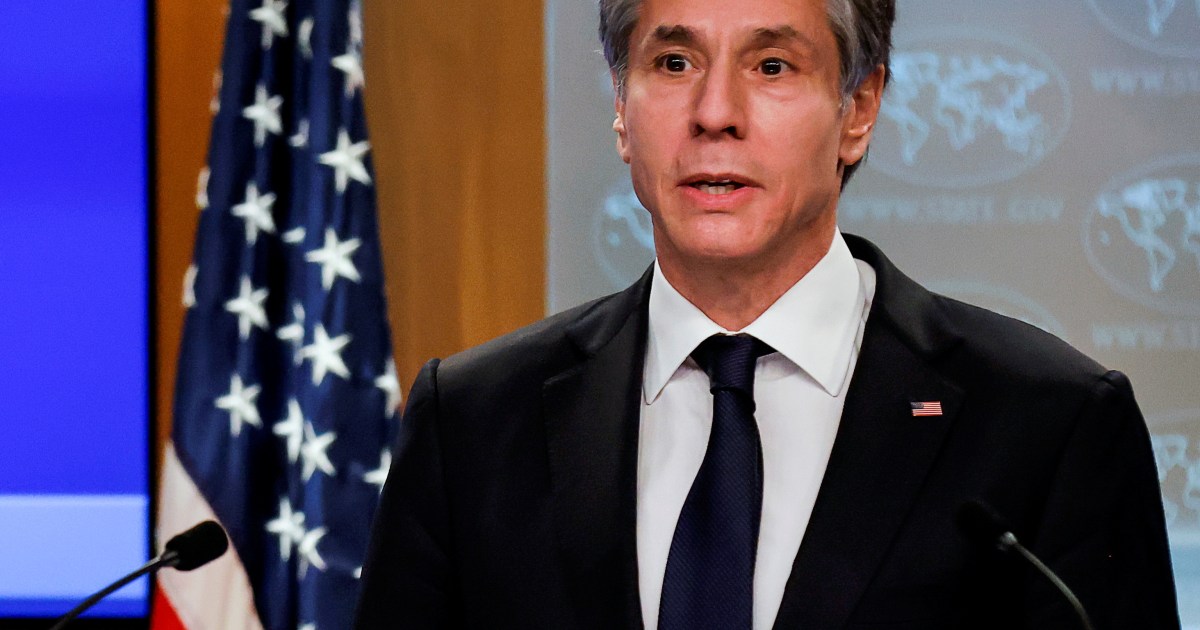Sources said that US Secretary of State Anthony Blinken has instructed the formation of a negotiating delegation on the future of the nuclear deal with Iran, including experts, some of them hawkish, while Tehran adheres to rejecting any change in the terms of the agreement.
Axios reported, citing sources close to the US administration, that Blinken asked the new US envoy to Iran, Rob Mali, to form a negotiation team consisting of diplomats and experts, with different positions on the future of the nuclear deal, as well as seeking help from people who are described as hawks.
And the site believed that these instructions indicate that the Biden administration is trying to avoid relying on the thinking of one team when formulating its policies on Iran, and taking into account the various views.
US officials said - according to the website - that the envoy is in contact with his European counterparts, as well as with Israeli officials and the Gulf states.
Iran's position
On the other hand, Iranian Leader Ali Khamenei said that the enemies are unable to commit any stupidity against the Islamic Republic, as he put it.
The Iranian guide affirmed that Tehran was - and still is - facing some dilemmas, but it is advancing nonetheless with full force.
Khamenei added that some internal institutions seek to strengthen the country's strength, and some of them waste opportunities, but Iran's strength and solidity is increasing day by day despite that.
For his part, Iranian President Hassan Rouhani said - during a cabinet meeting on Tuesday - that his country would not accept a change in the terms of the 2015 nuclear agreement, and that the agreement would not include new parties.
The Iranian president added that his country would welcome America's return to the agreement, and that if it does not intend to return, it must announce it.
Rouhani also accused Washington of violating Security Council Resolution 2231, believing that it had no right to set conditions, and that it had to abide by the agreement and lift the sanctions so that Tehran would fulfill its obligations.
For his part, Mahmoud Vaezi, director of Rouhani's office, said that his country has no direct contacts with the administration of US President Joe Biden, and that the European side has recently become very active in coordination between Iran and the United States in order to revive the nuclear deal.
On Tuesday, the United States responded calmly to an Iranian proposal that includes Washington and Tehran taking simultaneous steps to return to the nuclear deal, and said there were still steps to be taken before negotiations began.
On Monday, Zarif suggested a way to overcome the deadlock over who first starts returning to the nuclear deal, from which former US President Donald Trump withdrew in 2018, as Zarif hinted at the possibility of backing down from the demand for economic sanctions to be eased before Tehran resumes adhering to the terms of the agreement.

